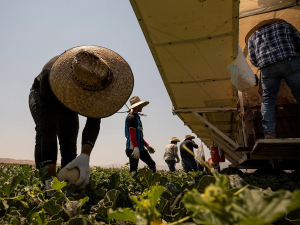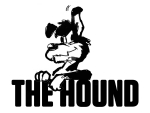A webinar on transitioning to a more sustainable agricultural model in the face of climate change has been organised on December 8.
Featuring European Union and New Zealand experts in sustainable farming, the webinar will look at current initiatives in this field, such as the EU’s From Farm to Fork strategy, regulation, standards, research and innovation. Registration is free.
Organisers say the EU and NZ may be separated by geography, but are united by shared pride in their strong agricultural roots and traditions.
“Now, as the world faces the existential challenges of climate change, how can we embrace these traditions during the transition?
“How do we deal with environmental remediation of our soils and water, biodiversity loss and ensuring food security?
‘And how can one be inspired by an indigenous approach to sustainability?”
Speakers include Jeroen Candel - Associate Professor in food and agricultural policy at Wageningen University, the Netherlands.
In his research, he studies how governments, from local to EU level, can support a transition towards a more sustainable food system. In his most recent publications, he has reflected on the ground-breaking potential of the EU’s Farm to Fork Strategy and provided recommendations for improvements of the Common Agricultural Policy.
Dr Gwen Grelet, Landcare Research, is an expert in all aspects of interactions and linkages between plants and microbes, how animals influence these linkages, connectivity of the soil food web, and connection between people and the land.
Dr Jessica Hutchings, a Māori researcher, activist, and grower lives on a small family farm in Kaitoke, North of Wellington. Her PhD is in Environmental Studies and she has worked for the last two decades in the Māori research sector leading and supporting kaupapa Māori research to deliver transformation across diverse Māori communities.
Felix Mittermayer, an organic farm owner from Austria works across agriculture, food safety and regional development. Felix transformed the farm from traditional farming to organic meat production. The farm is located in the Austrian mountains and it has 10ha of permanent pasture and 20ha of old growth forest.
To register for the webinar, visit https://www.eventbrite.com/e/sustainable-food-systems-farming-through-transitions-tickets-216075115487?keep_tld=1











